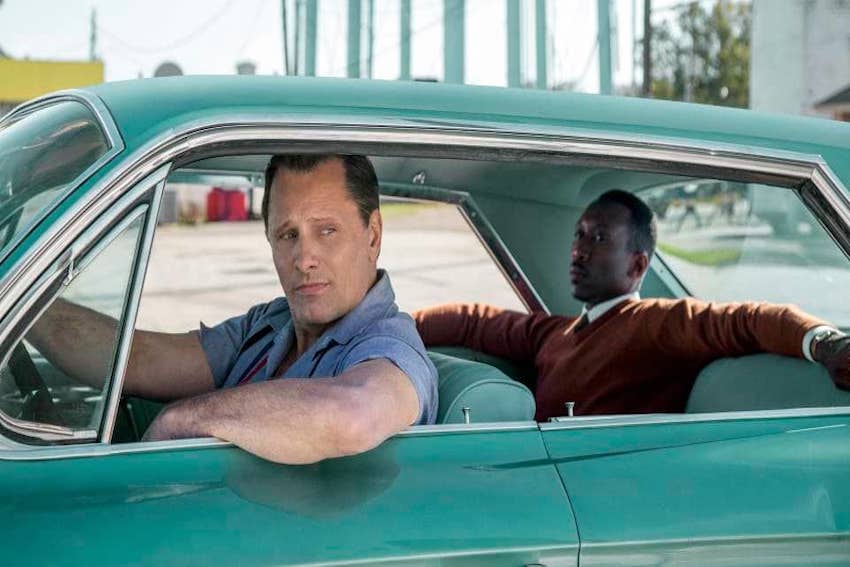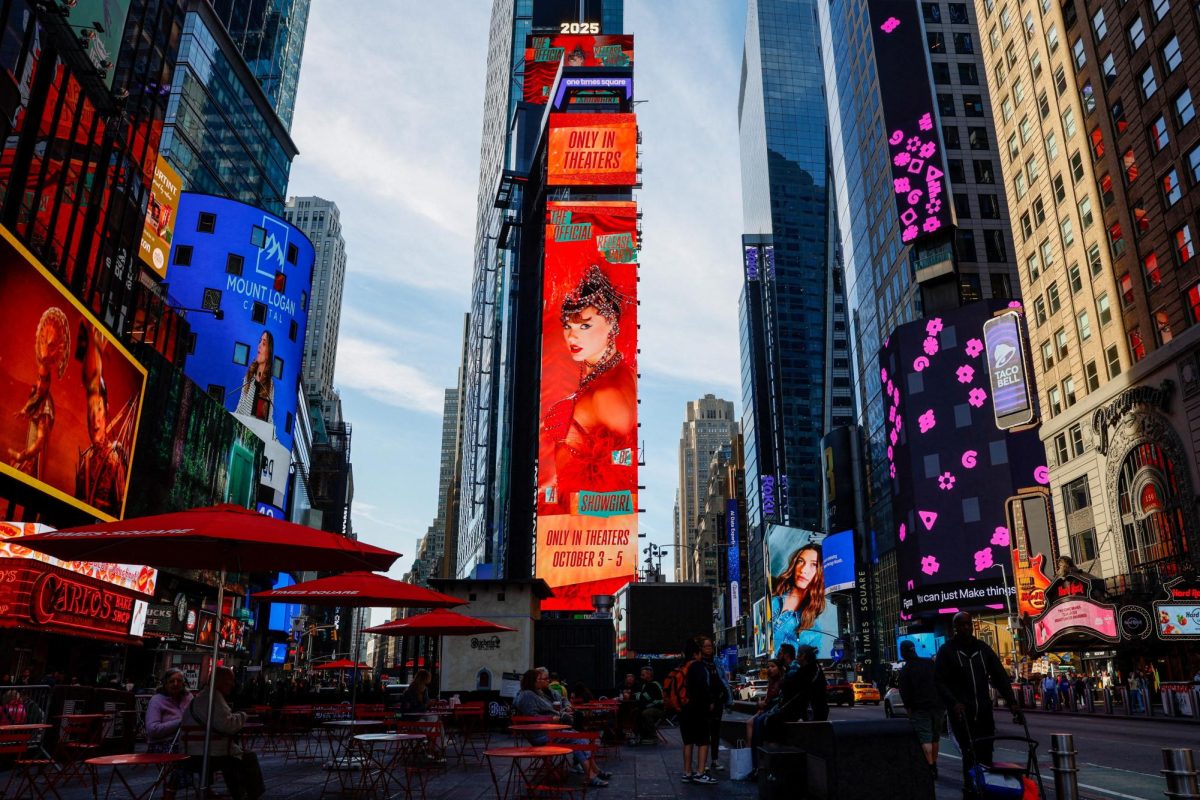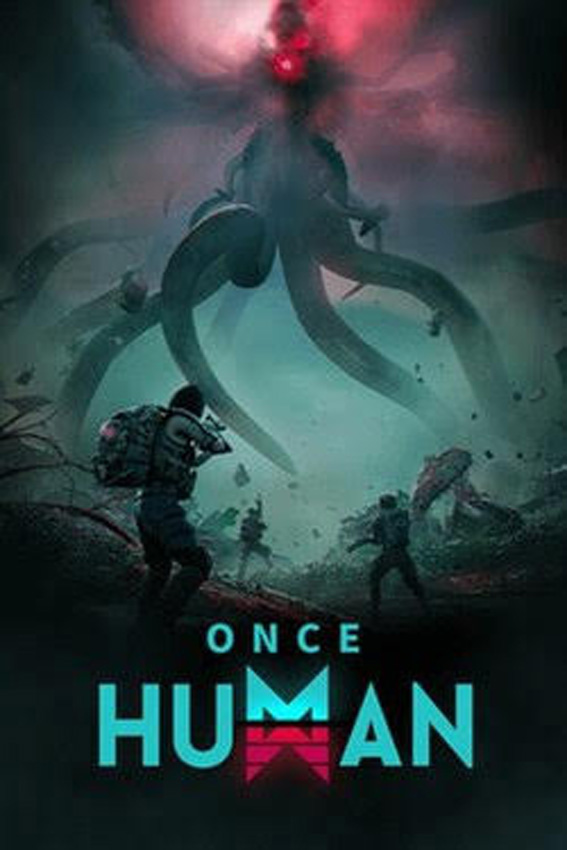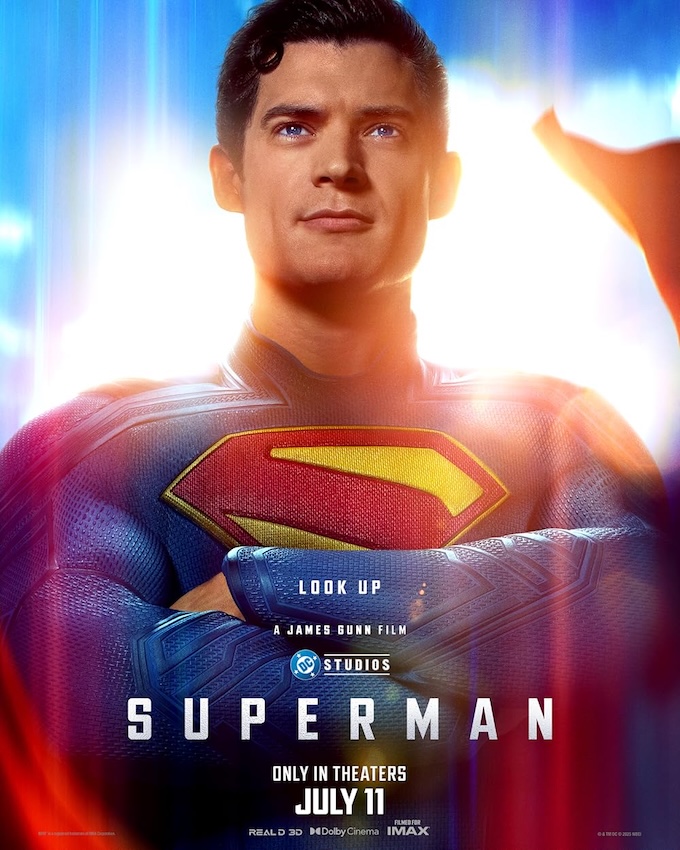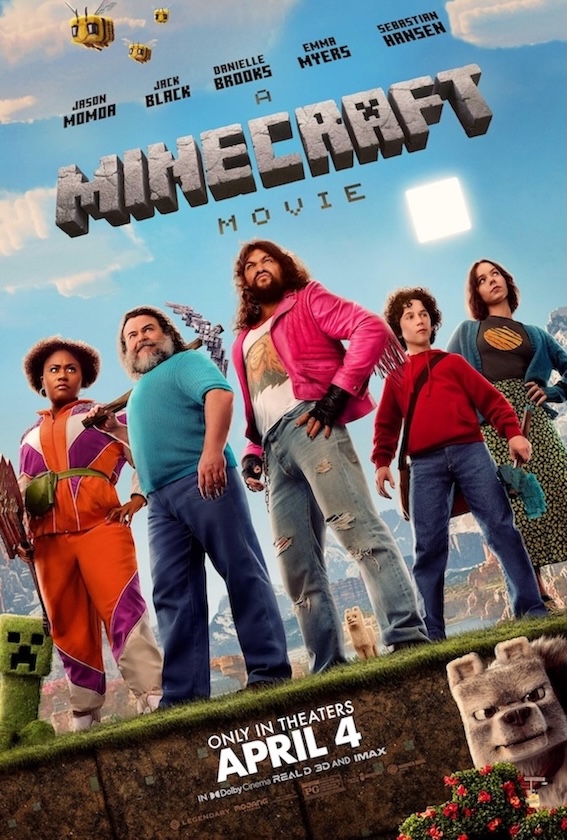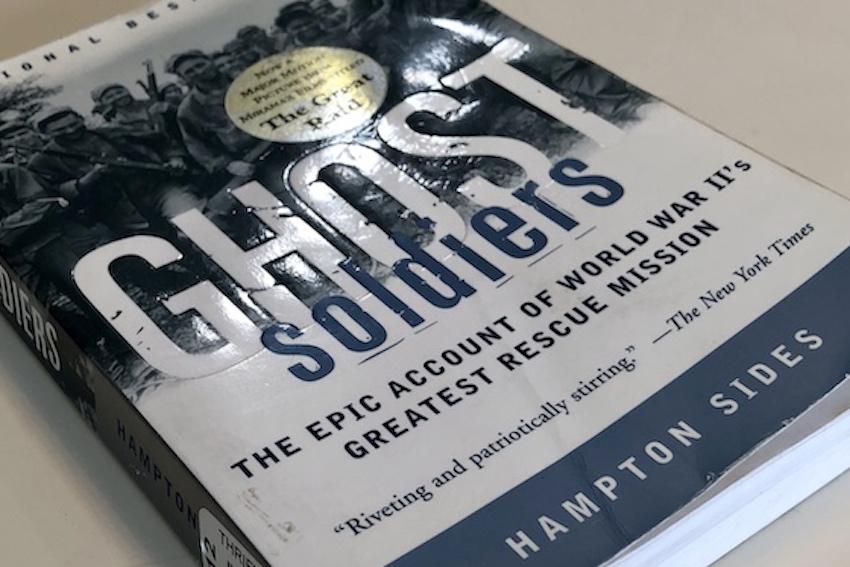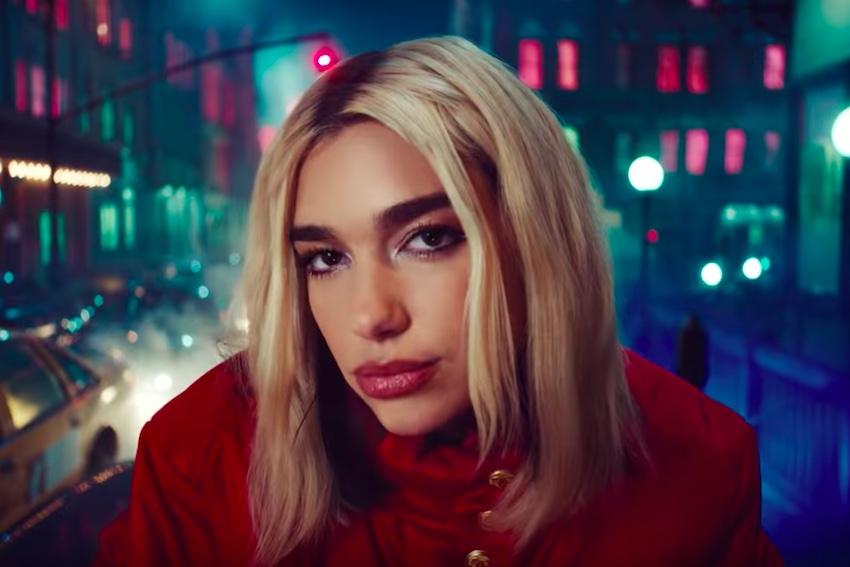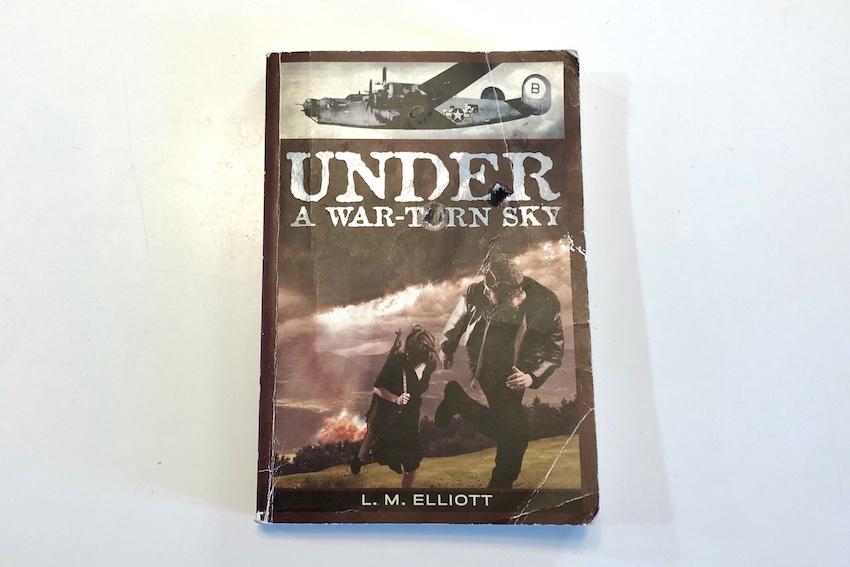Green Book tackles racism issues through a unique story

Green Book, a true story of unlikely friendship, hit the theaters Nov. 16. Released by Universal Pictures and directed by Peter Farrelly, the heartfelt tale features Tony Vallelonga (Viggo Mortensen), a white Italian-American who played the vital role of driving and protecting Don Shirley (Mahershala Ali), a world class African American pianist on a two month concert tour in the Deep South. Thrown together under unusual circumstances, the two form a strong, unexpected bond that lasts their entire lives.
Tough, openly racist bouncer from the Bronx, Vallelonga looks for a new job after his nightclub closes for refurbishment, where he finds Shirley, a polished African American musician. Living above Carnegie Hall with other important people waiting in line to talk with him, he reveals to Vallelonga that he is in need of a ride for his tour, which requires being a personal assistant, providing security, professional driving, and the most important, not missing any shows.
With a smoking cigarette dangling from his mouth, Vallelonga at first refuses, his uncultured, impolite behavior wouldn’t mix well with Shirley’s serious, elegant manner, and he wanted to dismiss the thought of traveling with a black across the South. But Shirley insisted calmly that he was perfect for the job, since he needed someone to keep him safe from danger.
Vallelonga, now tasked with the job of driving Shirley, receives the Green Book, which helps guide black travelers to welcoming.
At the beginning of the drive, the two clash over their many differences. Shirley feels uncomfortable about Vallelonga’s repulsive behavior and the way he talks so casually without a thought to his words, while Vallelonga is disgusted with the way Shirley keeps asking him to stay polite and respectful.
In one scene, Vallelonga steals a rock from the ground that belonged to the store at one stop, and Shirley tells him to put it back. Irritated, he goes back to return it, and afterward Shirley asks if he feels better with doing the right thing, in which Vallelonga says an indifferent “no.” But his heart is slowly changing throughout the movie as Shirley shows him good morals and character lessons.
Before arriving to their destination, Shirley warns Vallelonga that he will need to finesse his diction, since he’ll be interacting with people who are the wealthiest in the country. They soon enter into Shirley’s first show in Pittsburgh, Pennsylvania, where Vallelonga hears Shirley play the piano skillfully and with charm alongside his jazz band, consisting of a cellist and bassist.
He then develops an admiration to Shirley’s wonderful playing, which leads to a respect and loyalty to him when Shirley receives mistreatment and cruelty at his own shows.
#GreenBookMovie wins Best Film and Best Actor, Viggo Mortensen from @NBRfilm . #NBRAwards pic.twitter.com/R3XONeKo3o
— Green Book (@greenbookmovie) November 27, 2018
A few times Vallelonga rescues Shirley from dangerous interferences that threaten to take Shirley’s life, after which he says to Shirley not to leave his sight for the rest of the trip. A sense of protection and anger soon washes over him, for he increasingly starts to become disgusted by how white people treat Shirley, and he doesn’t shy away from violence and trouble as they start to effect Shirley negatively.
Vallelonga then notices a shaking, vulnerable side of Shirley, where as the trip goes on, he shares bits of himself that appear to be suggesting towards a suffering past and a complex, inner torment that he masks with his eloquence and articulation.
Learning how to cope with their dissimilarities and struggles, the storyline continues with the two learning to respect and encourage each other and they develop a friendship and a strong loyalty.
Negative critics that openly discussed opinions in Rotten Tomatoes said, “Green Book would be easier to like if it’s recreation of 1962 didn’t involve conjuring racial inequities that still linger, and then offering such banal reassurances about them.” Another commented, “Mortensen and Ali are a joy to watch, but Green Book is just a warm bath of clichés.”

However, positives overrule the negatives. Scored with 82%, it was rated highly by rotten tomatoes. Top critics said, “This is an expertly-acted, perfectly telegraphed message movie that knows the buttons it’s pushing, and pushes them all, right on cue. This is not a knock against it, it’s a compliment,” and “Green Book is effective and affecting while being careful to avoid overdosing its audience on material that some might deem too shocking or upsetting.”
Personally, I loved this movie and it touched my heart in a way that no other movie could ever do. It was very much worth the cost, and I would’ve spent more on it, honestly. I would go 10 more times to watch it again.
Peter Farrelly, who also directed “Dumb and Dumber“, was brilliant in this because not only was this a movie that was around a time period filled with segregation, loss and hurt, Farrelly found a way to also put other perspectives into it, and added a twist of humor and a sense of casualty into it as well. They also picked the right actors for the right characters; it was a joy to watch Mortensen and Ali work together and make a masterpiece.
Green Book expressed perspectives that I have never viewed before. For example, one significant scene when the two stumbled out of the car because of the car acting up, Shirley leans against the bright, turquoise Cadillac, watching as Vallelonga fixes the engine. He gazes around the area, straightens his suit and tie, sighs with contentment, but freezes when he sees African American slaves in the wheat field across from them, working hard and getting beat by whites. Some stopped their labor to look at Shirley with confusion, as they have never before see a white man serving a black man. A backwards reasoning, this opened Shirley’s eyes a little more and it caused him to become grateful for Vallelonga and his service.
The film was motivating, as another scene revealed that even though whites mistreated Shirley in his own shows, he still put on a smile and shook their hand with respect. Vallelonga, confused by this, asked one of the band members about it. With one line that inspired the audience watching carefully, the cellist quite simply replies, “Because it takes courage to change people’s hearts.”
Green Book changed the way I view the world around me. That we cannot control what goes on around us, but we can control our response and maintain our dignity when bad circumstances come our way.
For another movie review, check out First Man film portrays astronaut’s journey to moon landing or Venom lacks plot, delivers rich action
Mackenzie Beckworth can be reached via email and via Twitter.
[rwp_box id=”0″]

